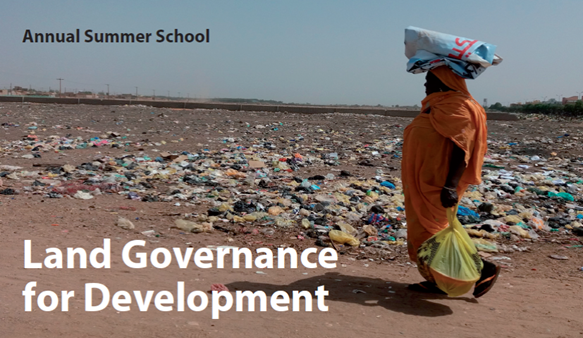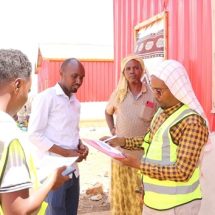Limited places left for the LANDac Summer School 2018 – Land Governance for Development| 02–13 July 2018, Utrecht, the Netherlands
The LANDac Summer School 2018 is organized by the Netherlands Academy for Land Governance (LANDac), a network of organizations exchanging knowledge and experience on how land governance may contribute to sustainable and inclusive development.
Professionals from development organizations and related projects, PhD researchers and Master students will acquire up-to-date knowledge on new land pressures and learn how to place these in broader theoretical contexts and policy debates. Participants learn about best practices in land governance from different perspectives and on multiple levels, from local to international. Topics are discussed in interactive mini-courses, lectures and solution-oriented workshops. The design of the course allows for participants to closely work together with professionals, experts and students from a variety of backgrounds.
The tutorials in the two-week course provide a general overview of important themes such as the global land rush, land governance, land administration and land issues in post-conflict situations. This overview is complemented by a mix of case studies that illustrate issues and trends in specific contexts, cases highlighted in previous LANDac summer schools include (trans)national land investments in Indonesia and the Philippines, government-led land acquisition and resettlement policies in India, and World Bank policies on land.
The course also investigates the trend of foreigners buying real estate for residential tourism in Costa Rica, land governance solutions in countries with weak institutions such as Burkina Faso, challenges for participatory land governance in Mozambique, and coping with urban pressures on agricultural land in Vietnam. Topics are discussed from a range of perspectives, blending insights from Dutch and international academics with those of development practitioners, representatives of farmers’ organizations and government policy advisors.












